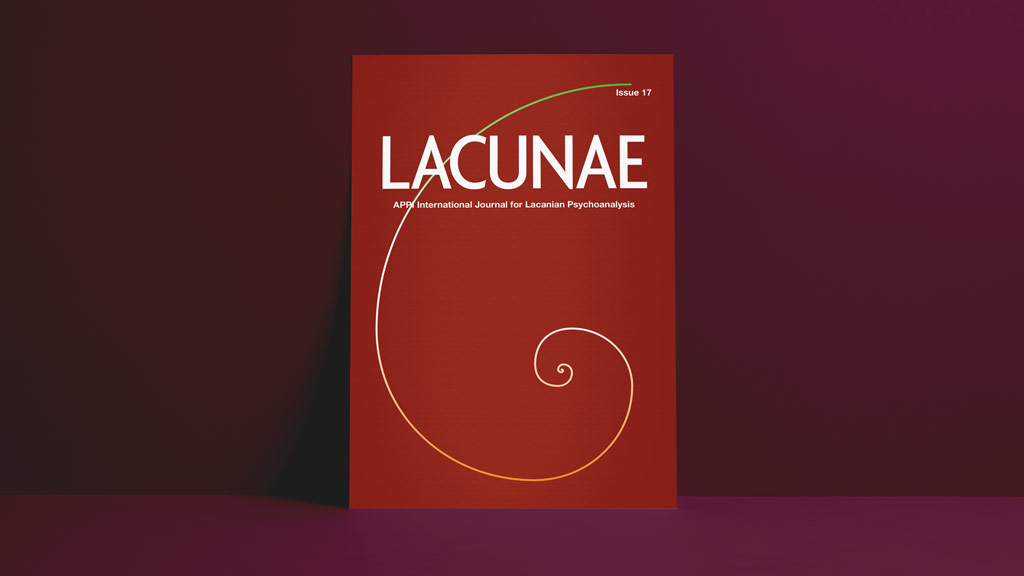Welcome to Issue 17. This issue brings to the readership a selection of theory, clinical discussions and case presentations.
In “The Psychoanalytic Clinical Case Presentation, the Case Against,” an article pursuant to a lively clinical seminar in Dublin, Ian Parker sets out his analysis of the problematics of the psychoanalytic case presentation. This analysis is thought-provoking and adds to the consideration of the “impossible” aspects of the profession of psychoanalysis, as set out initially by Freud. The case study is the instrument par excellence of psychoanalytic technique but there are challenges in the presentation of clinical case material posed by Ian that will no doubt resonate with readers.
Rose-Paule Vinciguerra, in “An Intemperate Woman,” presents an interesting case of a woman whose symptomatic bulimia is traced via the pathways of the signifier in relation to her history and her intimate relationships. The case demonstrates the technique of listening well to the intricacies of the analysand’s speech and the role of the signifier in forming the symptom and managing jouissance.
Olga Cox Cameron takes the reader on a tragic journey through Lacan’s fifth, sixth and seventh seminars. With a deep knowledge of the seminars, the inescapable endowment of tragedy in subjectivity is developed through the tragic figures of Shakespeare’s Hamlet and Sophocles’ Oedipus Rex, in addition to a consideration of “me phunai” – “better not to be,” variously taken up by Lacan in the seminars. This will inspire readers to return to these important seminars.
In “There is no Contemporary Unconscious,” which is a provocative title, Robert Levy brings his vast experience to bear on thinking about the psychoanalytic institution, the distinctively psychoanalytic notion of the subject, and the importance of Lacan’s idea from his fourteenth seminar that “the unconscious is politics.” A consideration of a Paris Lacanian organisation, Analyse Freudienne, forms part of this lively discussion.
In “Psychoanalysis and Education,” Dan Collins explores another of Freud’s “impossible” professions, that of education, and asks what is it that students “get” when the spark of learning hits. It is similar to the functioning of the joke, he argues. With an ability to render analytic concepts succinctly and with precision, well known by now readers of Lacunae, Dan makes explicit that “teaching” is not about assent but is rather a “flash of insight.”
Michel Ferrazzi, in “Virtual Reality and Phantasy,” draws on his experience of many decades working with children and young people to outline a contemporary case from the adolescent clinic on the highly relevant topics of pornography and virtual reality. He focuses on the role and function of phantasy and the object cause of desire, as well as contemporary discourse, the world of money, consumable objects and unfettered jouissance.
Finally, Mark Roberts offers an extended account of Freud’s and Lacan’s notion of the drive. His analysis ultimately asserts the similarities of the Freudian and Lacanian models and how those challenge philosophical and other accounts of human destructiveness. The notion of the drive is essential to understanding how humanity never fails to live up to ideals of goodness and communitarianism.
I’d like to acknowledge the translators and reviewers of three of this issue’s contributions (Raphael Montague, Olga Cox Cameron, Pauline O’Callaghan, Joanne Conway). This work and the work of the translation panel means the journal can make articles available in English that would otherwise be unavailable.
The next issue will be in Summer 2019 and it will be a themed issue on the role of the father.
Eve Watson


